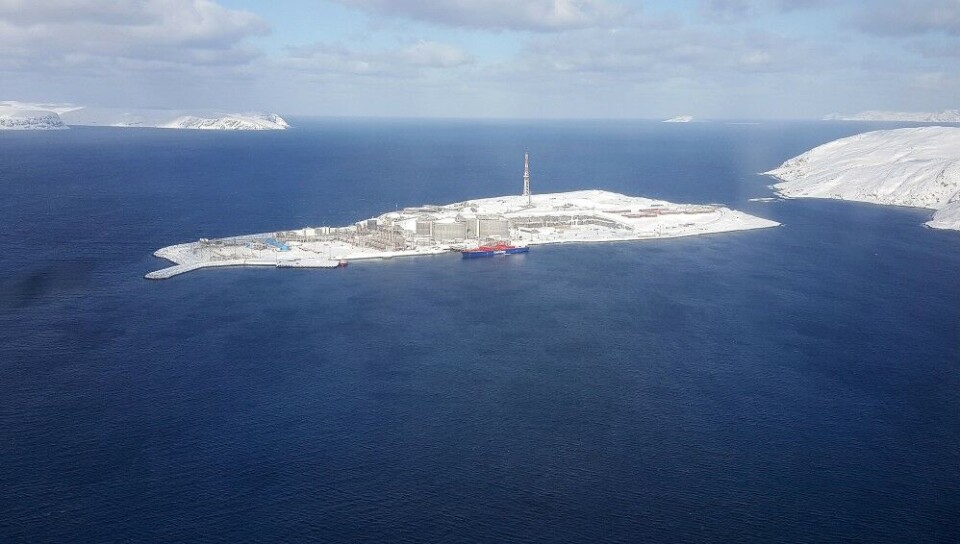
Equinor's Barents Sea LNG plant will stay closed for the rest of the year
Norway's petroleum major Equinor has started investigation into the September 28 fire and now says a restart of production will take time.
The fire in an electricity-generating turbine was by the governmental watchdog said to be one of the most serious in Norway’s petroleum history. Black smoke raised to the skies as emergency services were fighting the flames from both land and sea-side.
The fire, scaring locals in the nearby town of Hammerfest, was extinguished after six hours.
Hammerfest LNG has informed the market about the plant being closed for the rest of the year, says spokesperson with Equinor, Eskil Eriksen, to the news-agency NTB. He does not want to speculate on the economical consequences for the company, partly owned by the Norwegian state.
The closure also means a halt in shipment of liquid natural gas (LNG) to the markets, mainly in Europe.
Two weeks before the date of the fire, a gas leak occurred at the plant, and the investigation aims to make clear if the fire can in any way be related to the leak.
“We are now working to map the extent of damages after the fire and will then thoroughly review the technical integrity of the facility,” says Irne Rummelhoff, executive vice president of Marketing, Midstream and Processing at Equinor.
She underlines the focus on safety before restarting the plant. “Safety comes first, and we will use the time we need to ensure a safe start-up. It is still too early to say when the operations can resume.”
“Equinors’ and the Petroleum Safety Authority Norway’s investigation will be important in identifying measures that will prevent similar incidents from happening again. We will support the investigation and the police investigation where there is a need for it,” says Rummelhoff.
The facility on the small Arctic island outside Hammerfest receives and processes natural gas from the Snøhvit field in the Barents Sea. The gas is conveyed in a 160 km gas pipeline to the facility, which became operational in the autumn of 2007. Equinor was the operator during the development phase and now has operational responsibility for the facility. Partners to the plant are Petoro, Total, Neptune Energy and Wintershall Dea.
















